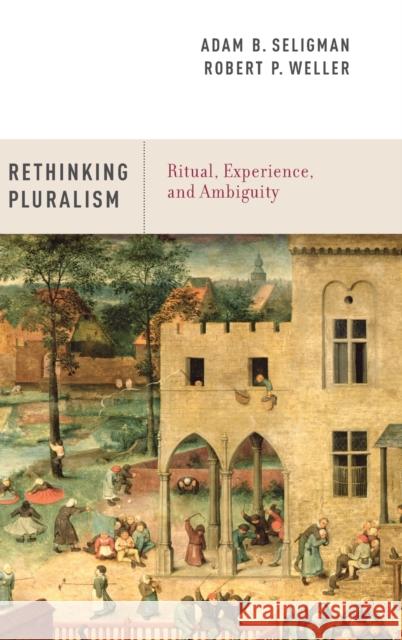Rethinking Pluralism » książka
Rethinking Pluralism
ISBN-13: 9780199915262 / Angielski / Twarda / 2012 / 256 str.
How can we order the world while accepting its enduring ambiguities? Rethinking Pluralism suggests a new approach to the problem of ambiguity and social order, which goes beyond the default modern position of 'notation' (resort to rules and categories to disambiguate). The book argues that alternative, more particularistic modes of dealing with ambiguity through ritual and shared experience better attune to contemporary problems of living with difference. It retrieves key aspects of earlier discussions of ambiguity evident in rabbinic commentaries, Chinese texts, and Greek philosophical and dramatic works, and applies those texts to modern problems. The book is a work of recuperation that challenges contemporary constructions of tradition and modernity. In this, it draws on the tradition of pragmatism in American philosophy, especially John Dewey's injunctions to heed the particular, the contingent and experienced as opposed to the abstract, general and disembodied. Only in this way can new forms of empathy emerge congruent with the deeply plural nature of our present experience. While we cannot avoid the ambiguities inherent to the categories through which we construct our world, the book urges us to reconceptualize the ways in which we think about boundaries - not just the solid line of notation, but also the permeable membrane of ritualization and the fractal complexity of shared experience.











